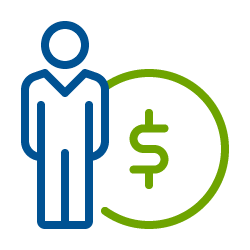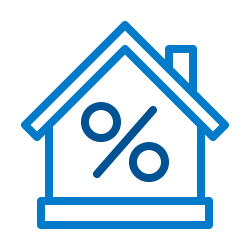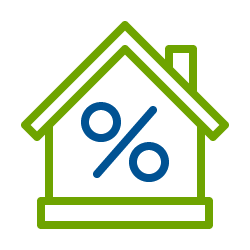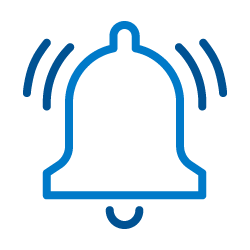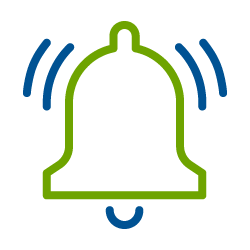Presupuestar los alimentos de forma sencilla

Food is one of the largest expenses in your budget, after housing and transportation. Budgeting for food is essential to keeping track of your finances. It is important to watch your spending in this area. Be sure not to waste food. That is like throwing money away.
Plan menus for the week. Review grocery ads either online or the paper version. Stores generally have items on sale each week that are considered “loss leaders”. These are items on sale at or below cost that are intended to entice you to shop at their store. The trick here is to plan meals around the sale items. Budgeting for food requires preparedness. Just buy the items that are on sale. If other items are cheaper at other stores, buy them there. You will find that certain items are on sale every 12 weeks or so. If it is an item you use on a regular basis, and you have space to store excess, you may consider buying enough to last until the item goes on sale again.
Always shop with a list. That way you save time and money by eliminating stops at the store to get things you forgot, and avoid buying things you didn’t intend to. Keep that list handy so family members can add to the list when they use the last of an item. Don’t forget to include items for lunches so you don’t have to eat out every day.
Keep an inventory. This will let family members know what is available for after school or evening snacks. This will also keep you from buying items that you already have on hand. Try websites such as supercook.com y myfridgefood.com that suggest recipes based on the ingredients you already have.
Por: Katrina Harder, CPA, Especialista en Finanzas de Centra
Más sobre Katrina: Yo vivo en los suburbios de Gnaw Bone, Indiana y soy la madre soltera de 3 y la abuela de 5 años. Terminé mi licenciatura en Contabilidad asistiendo a la escuela a tiempo parcial mientras trabajaba a tiempo completo. Me gusta coser, leer y los Cincinnati Reds.






